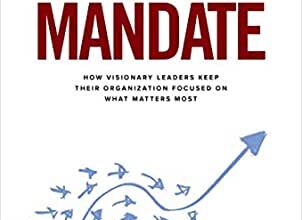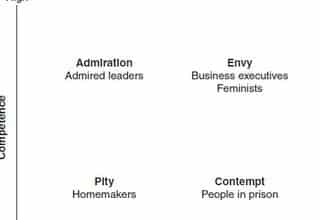In my continuing effort to comprehend our society, I am trying to understand how a national leader can say terrible things without any repercussions. Even more, how can someone say it AND get an arena-filled mob to cheer in agreement? I’ve written before about whether logic-based arguments are effective. Today, I may be a step closer to cracking the code.
Consider the common practice during political debates to ask candidates opposing the death penalty whether they would support it if their loved one was murdered, or to ask pro-life candidates whether they would be in favor of abortion if their loved one was raped. Would your response be to 1) adhere to your higher principles and stick with your stance, regardless of the personal nature of the question, or 2) abandon your position in the quest to seek justice? If you choose #1, get ready to lose.
People are judged by their response to moral dilemmas, and instinct typically trumps reason. According to a recent study, those who make instinct-based moral judgments, i.e. moral intuition, are perceived to be more moral and trustworthy than those who rely on reasoning alone. We want leaders who go with their gut—they appear to project warm, candor, and authenticity. On the other hand, those who react to moral dilemmas by calculating pros and cons (in a noticeable fashion) appear callous and “fake.”
It should be no surprise that the tendency to judge people based on whether they act instinctively is egregiously flawed. At the same time, effective altruism, the utilitarian premise of weighing the costs and benefits of choices so as to maximize overall well-being, has not been effective in swaying the masses. A lack of emotional appeal dissuades people from supporting their cause, so we need to practice combining the emotion with the logic.
One way to portray instinct-based morals while remaining true to your effective altruism is to pretend you are grappling with your emotions. “Fake it,” says David Pizarro, a professor of psychology at Cornell University and author of the above-mentioned study. “People want to see that you’ve thought a lot about a tough moral decision. They want to see that you’ve experienced some conflict between reason and emotion and deliberated through it.”
Emotions function as a signal to onlookers that you’ve integrated feelings into your moral decision. And when those signals are not visible, audiences get the impression that you don’t experience any feeling. This turns off potential supports who will not be influenced by a robotic, unempathetic speaker.
So fake your sincerity. Pretend to stumble for a response before launching into your pre-prepared stump speech. Feign some outrage or shock or whatever visceral reaction is apropos to the situation. Its not technically lying—although it admittedly lacks an aspect of truth—but it remains honest to the content with which you are delivering. It’s a shame that this is necessary, but it will be beneficial in forging your emotional connection and the support you need to influence, lead, and prevail.







